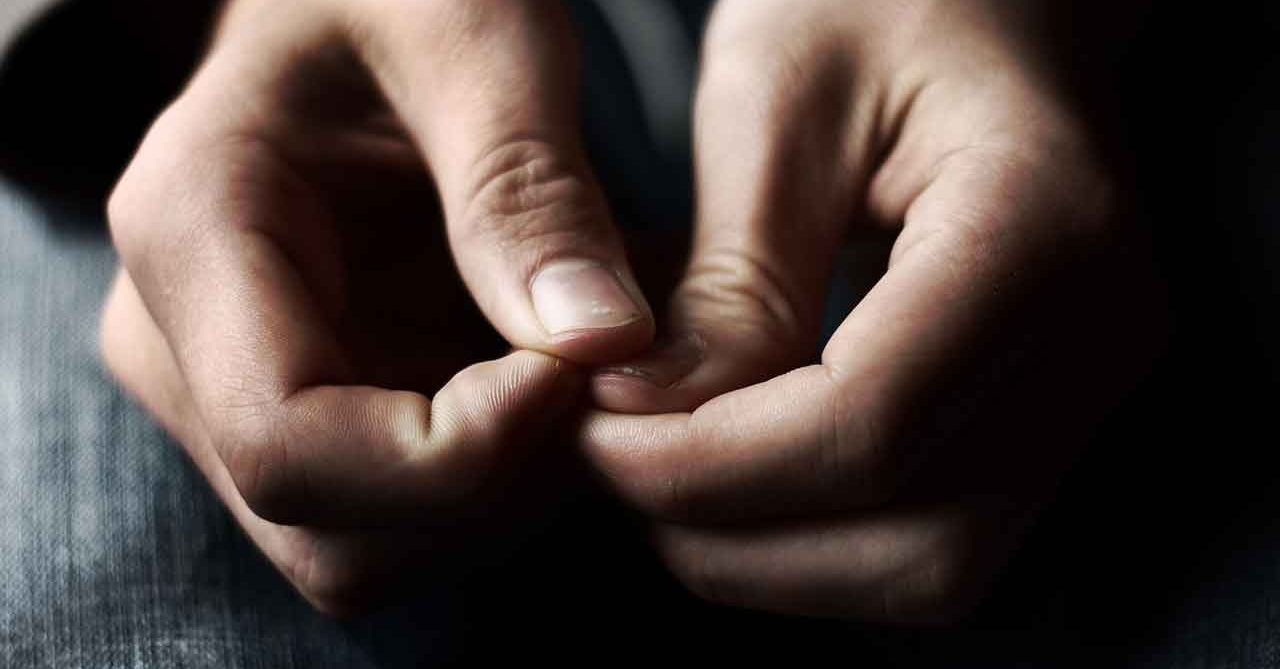Stages of Depression

Psychologists have not defined the stages of depression, but it is common for people to experience changes in their willingness to take action towards change.
Many illnesses progress over time, with a series of stages. That’s not true of depression. There are different kinds of depression — major depression isn’t the same as bipolar disorder, which requires different medication. Seasonal affective disorder strikes only when you’re not getting enough sunlight.
If something tough happens, it might make you sad, but sadness doesn’t mean you’re depressed. Sadness is a normal emotion that fades with time. Most of us, most of the time, get over losses and disappointments.
Depression is different. It can strike without any triggers. Your life could look wonderful from the outside but feel empty. One factor is that depression tends to color more than one part of your life. Everything is less fun, important, and interesting. You’re more impatient and easily overwhelmed, quicker to anger, quicker to give up.
YOU MIGHT ALSO LIKE: Physical Symptoms of Depression
Stages of depression
Although psychologists have not defined stages of depression, symptoms often accumulate gradually.
- Long before physical changes appear, sad or angry thoughts likely plague you.
- You might scold yourself, or assume other people are thinking badly of you, and feel angry or despairing about your problems and the problems you see around you.
- Eventually, you might lose your appetite, overeat, or binge.
- Your sleep patterns are likely to change as well. Some people stay awake fuming or worrying. Others sleep late and can spend an entire weekend in bed.
Depressed people very often blame themselves for things they don’t control. You might blame yourself for being depressed. You might begin to have thoughts of suicide; many more people think about it than make attempts.
How is depression diagnosed?
To be diagnosed with depression, you need to show at least five of eight possible symptoms for at least two weeks.
- Are you down or irritable most of the time?
- Are you uninterested in activities you used to enjoy?
- Have you lost or gained weight or had changes in appetite?
- Are you slowed down or restless?
- Are you tired or sluggish?
- Do you feel worthless or guilty?
- Do you have trouble concentrating or find it hard to make decisions?
- Do you think about being dead or suicide?
Recovering from a bout of depression
People also go through stages before they take action and recover.
- You might be depressed for some time before you even define your problem. That’s called the precontemplation stage. When you start thinking about change, you begin to define your illness.
- In the preparation stage, you might talk to someone informally about whether you could be depressed. You might read articles like or browse self-help books.
- In the action stage, you see a psychotherapist, psychiatrist, or regular doctor and ask for a diagnosis. You might take medication or start therapy. You might start an exercise program or take steps to get more sleep or cut back on stressful obligations.
Updated:
July 14, 2023
Reviewed By:
Janet O’Dell, RN